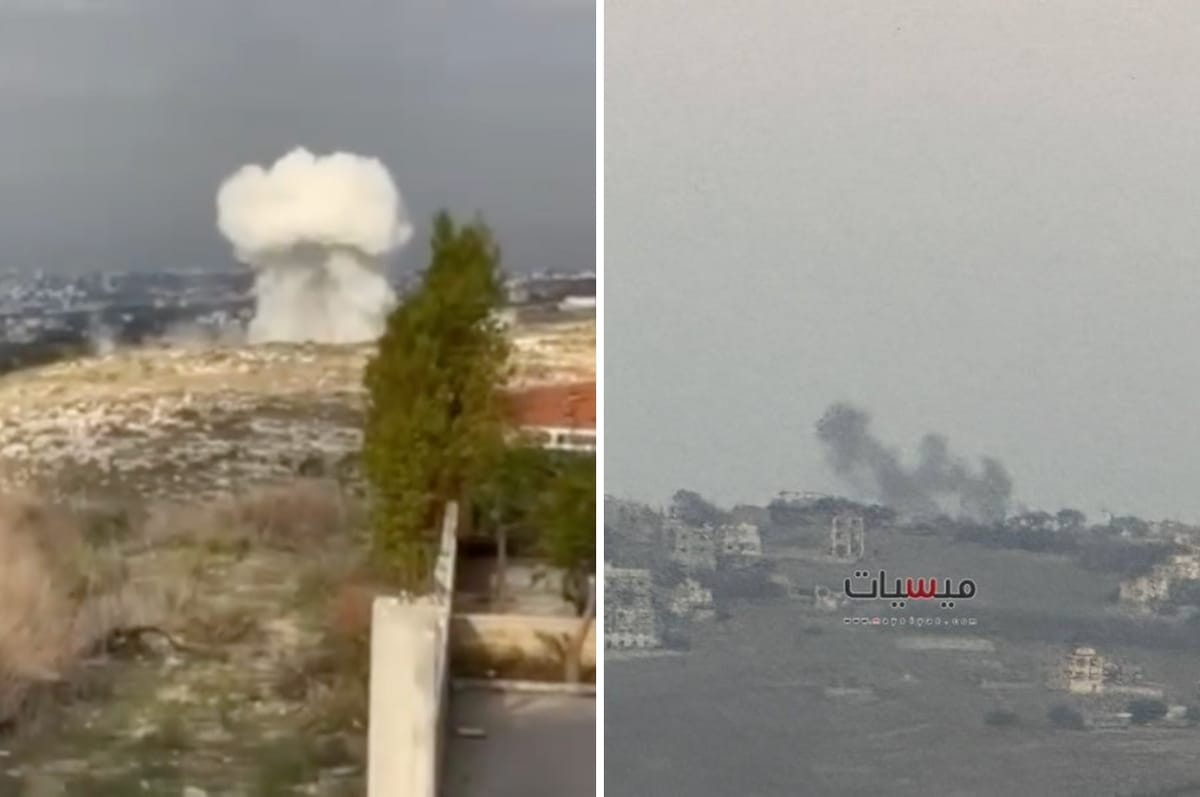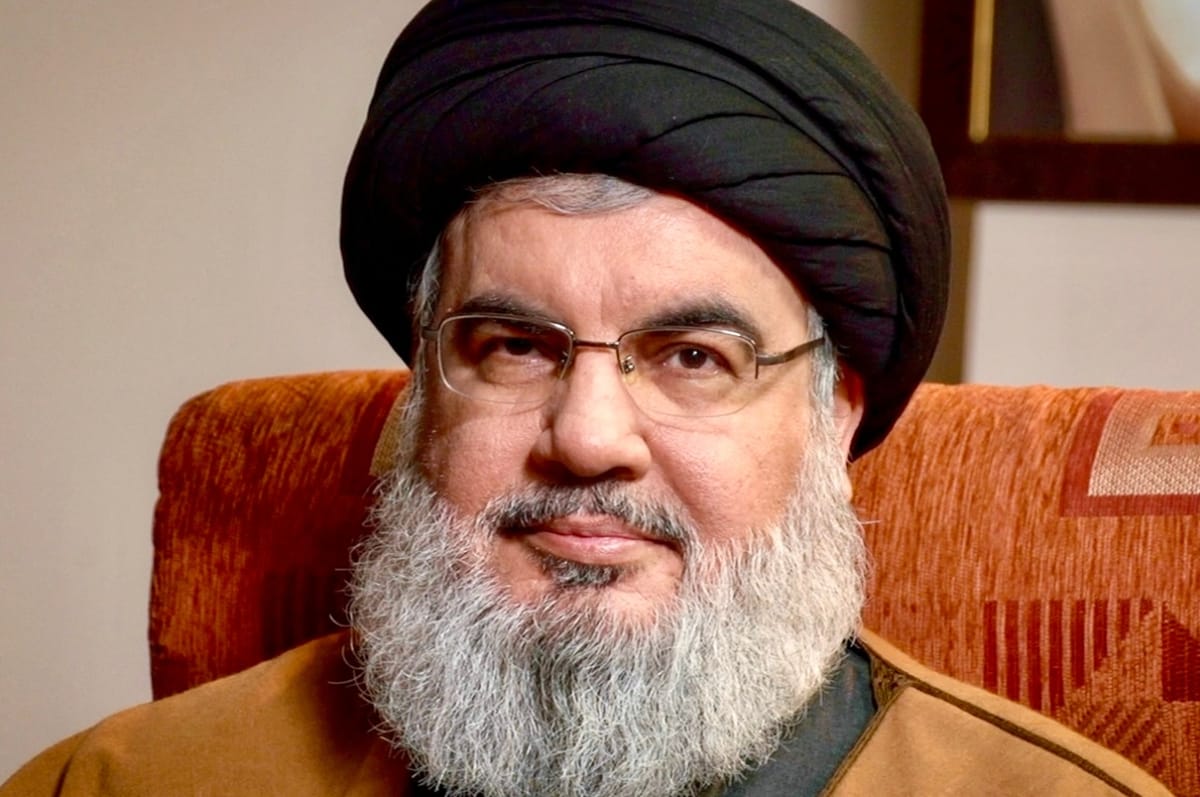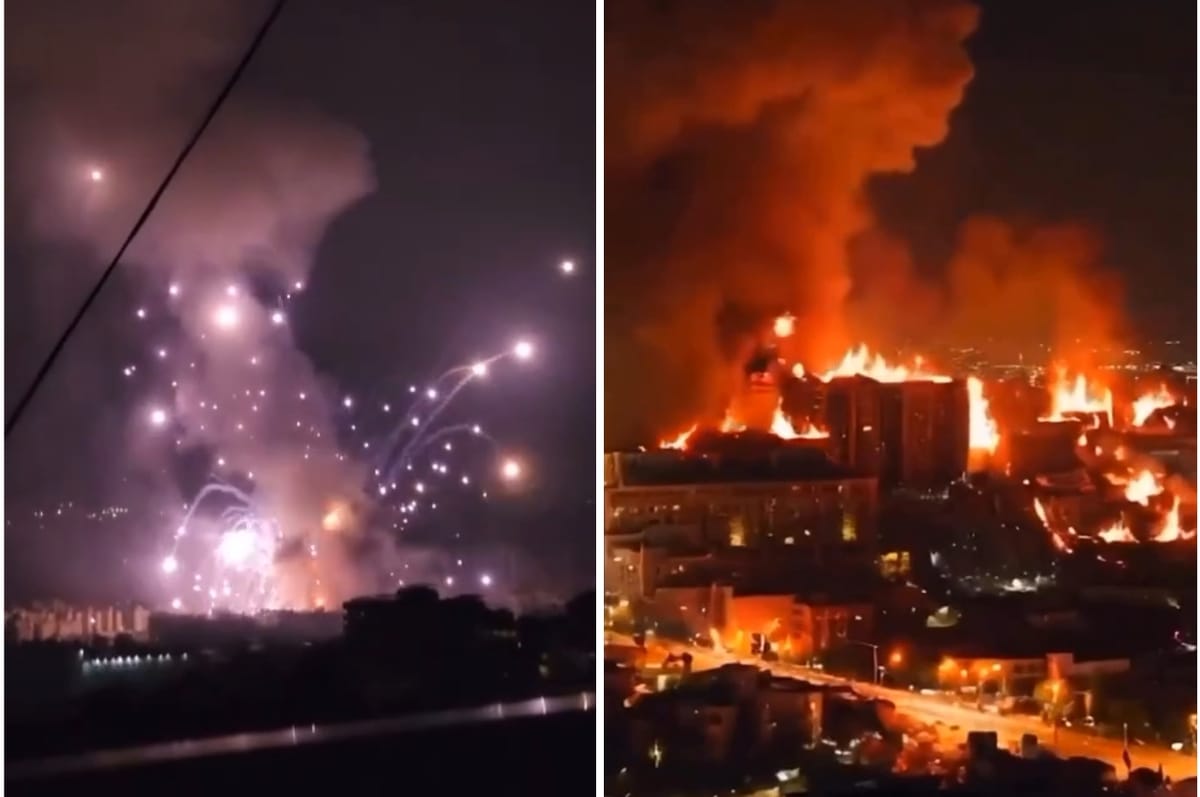Israel Bombed Parts Of Lebanon On The Second Day Of Its Temporary Truce With Hezbollah
After the airstrikes, Israeli Prime Minister Benjamin Netanyahu warned of a possible escalation in the attacks.

Just a day after agreeing to a temporary truce, Israel launched airstrikes on parts of southern Lebanon.
On Wednesday, Nov. 27, Israel and Hezbollah agreed on a 60-day humanitarian pause that is designed to become a permanent ceasefire.
Under the deal, which was brokered by the US and France after three months, Israeli forces will withdraw from Lebanon for an initial period of 60 days, while Hezbollah will pull its forces about 40 kilometres away from the Israeli border.
In addition, Lebanon’s military will take control of territory in the south of the country to ensure Hezbollah does not rebuild forces.
However, by the second day of the truce, both sides accused each other of breaking the agreement.
On Thursday, Nov. 28, Israel launched an airstrike near Baysariyah, a town north of the Litani River.
Israel claimed the target was a Hezbollah facility used to store “mid-range rockets”.
“A terrorist activity at a facility of the Hezbollah terrorist organization with medium-range rockets in southern Lebanon. The threat was thwarted by a fighter jet attack,” the Israeli military said in a statement.
Although the ceasefire agreement mandates removing Hezbollah’s military facilities from the area south of the Litani River, it does not mention facilities north of the river, according to Al Jazeera.
Israel also reported firing at vehicles it considered "suspicious" in the southern zone, calling this another breach of the truce, Reuters reported.
“A number of suspects were observed arriving, some of them in vehicles, to several areas in southern Lebanon, which constitutes a breach of the agreement.IDF forces opened fire at them,” the Israeli military said in a statement.
The Israeli airstrike was the first major attack since the ceasefire began.
In response, Hezbollah officials accused Israel of breaking the truce.
"The Israeli enemy is attacking those returning to the border villages. There are violations today by Israel, even in this form,” a Hezbollah lawmaker said.
Lebanon’s army also reported several occasions of Israel violating the ceasefire on Nov. 27 and 28, according to Al Jazeera.
In addition, Israel fired artillery at three other locations near the border and launched airstrikes on Markaba, a border village, injuring at least two civilians, according to Lebanon's state media.
After the airstrikes, Israeli Prime Minister Benjamin Netanyahu warned of a possible escalation in the attacks.
“We are enforcing powerfully. But if needed I gave a directive to the IDF - be prepared in case there is a violation of the framework of the ceasefire, for an intense war,” he told Israel's Channel 14.
On Nov. 29, Israeli forces issued a statement warning people not to return to at least 40 villages in southern Lebanon.
“Until further notice, you are prohibited from moving south to the line of these villages and their surroundings. Anyone who moves south of this line - puts himself in danger,” an Israeli military official stated on X.
This is the deadliest war in Lebanon since the civil war ended in 1990.
Israel’s attacks on Lebanon have killed at least 3,800 people since October 2023 and displaced more than 1.2 million people.
More On Israel's War With Hezbollah








